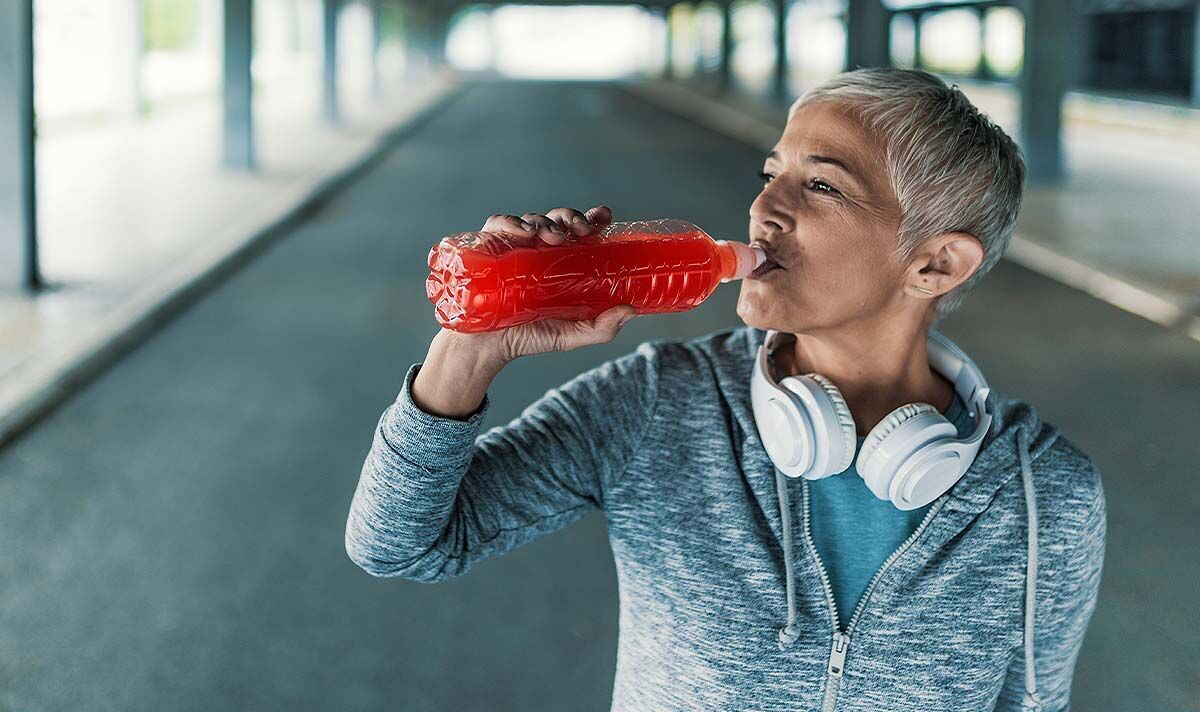Blood
Popular non-alcoholic drink could dangerously spike your blood clot risk
Blood clots are a double-edged sword. When the gel-like clumps spur on in response to bleeding, they can prove useful.
However, not all clots are to be welcomed. Blood clots that develop in your veins, also known as deep vein thrombosis, can prove dangerous.
The gel-like clumps residing in your veins can break loose and travel through your bloodstream and get stuck, increasing your risk of serious health problems.
Therefore, it’s crucial to minimise your risk of this happening.
Worryingly, a popular non-alcoholic drink could increase your likelihood of developing the culprits.
Research, published in the Journal of Surgical Research, found that sugar-free energy drinks could enable the processes that lay the dangerous groundwork for blood clots.
The research team noted that the popular drinks have been linked to a whole host of cardiovascular complications, such as cardiac arrhythmias, myocardial infarction, and even “sudden cardiac death”.
With this in mind, the scientists hypothesised that energy drinks could increase the risk of cardiovascular problems by increasing platelet aggregation, which describes how well your platelets clump together to form blood clots.
Platelets are tiny blood cells. If your platelet count is too high, this creates the perfect environment for the gel-like clumps to form.
Worryingly, the researchers explained that this potentially harmful process spurred on by energy drinks could put you at a higher risk of the gel-like clumps blocking your veins or arteries.
To investigate their hypothesis, they looked at thirty-two healthy volunteers between the ages of 18 and 40.
The study participants were given bottled water and a sugar-free energy drink on two separate occasions, one week apart.
The two drinks had to be consumed after an overnight fast within a 30-minute window.
The researchers then measured the participants’ coagulation parameters and platelet function before and 60 minutes after the drink.
There were no statistically significant differences in coagulation.
However, energy drink consumption resulted in a significant increase in platelets adhering to each other, compared to bottled water.
This “increased” platelet activity occurred within “one hour of consumption”, the researchers wrote.
While this is just one small study, the researchers have raised a warning finger.
They concluded: “Although larger clinical studies are needed to further address the safety and health concerns of these drinks, the increased platelet response may provide a mechanism by which energy drinks increase the risk of adverse cardiovascular events.”

